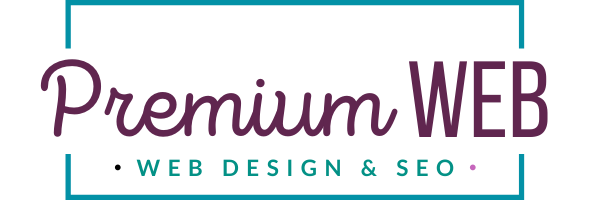If you want to be on page one for your chosen keyword phrase, then you have to pay close attention to how you build your website, what platform you choose, what keywords you use, and all the possible optimization that you can do. Skipping any of these can move you off page one. And as research shows, most people don’t even look at page two when doing an Internet search.
Search Engine Optimization (SEO) encompasses much more than we are covering in this one article, but it behooves you to learn all you can about SEO or hire an SEO professional who is well versed in the field and someone that you trust.
1. Web Design – How you want your website to look is very important to consider when you are building your site. It is important however, that you listen to your web site designer as well. The architecture of your site can have a major impact on how search engine friendly yours website is.
2. Web Delivery – Another aspect of web design, that is often not mentioned, is delivery of your site or what site you’re going to use. The platform you are going to use to build your website is an important choice. One of the most SEO friendly platforms today is WordPress due to the clean code it produces and the fact that it's so easy to keep the site updated and fresh. It’s also easy for you to learn to use. This way you’re not always dependent on your web designer to do everything once you’ve had the site built.
3. Domain name selection – It is important to pick a domain name that is informative, that has keywords in it, and even local terms in it. For instance if you’re a Dentist in Enterprise Alabama, you could name your domain something like EnterpriseFamilyDenistry.com or something that makes it easy for locals to find you.
4. On Page Optimization – Ensure that every page of your site is optimized in terms of keywords, local keywords, and industry keywords, popular slang, has your address, and has appropriate content and page names.
5. Off Page Optimization – This includes directory listings, blog postings, article marketing, footer information, other website and webpage commenting, affiliate marketing, review posting and RSS feed submissions to name a few.
6. Original Content – Ensure that the content you put on your website is original and designed just for you. Sure, it is okay to use a bit of PLR (private label rights) content to get started, but it should be rewritten enough that is considered original to the search engines, has your voice and is relevant to your audience.
7. Internal back links – When possible, include internal backlinks in your post (like I did in #6 above). This gives your readers more to read, and it also encourages the search engines to index more pages of your site.
Glennette Goodbread, Owner
Premium Web Design and Hosting

